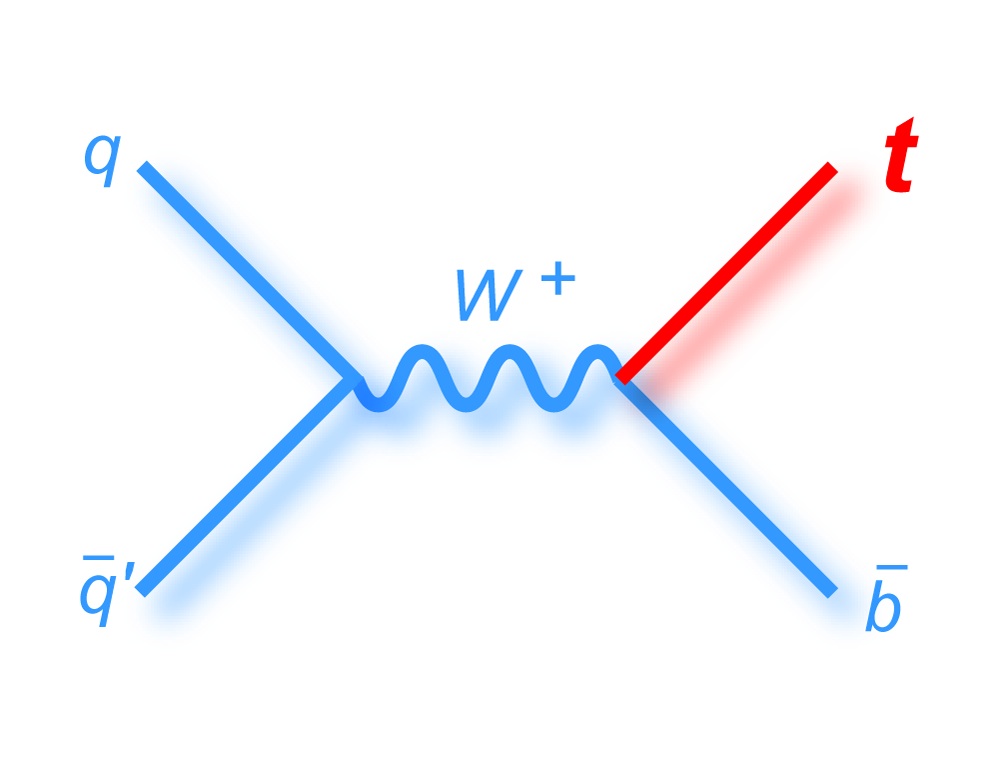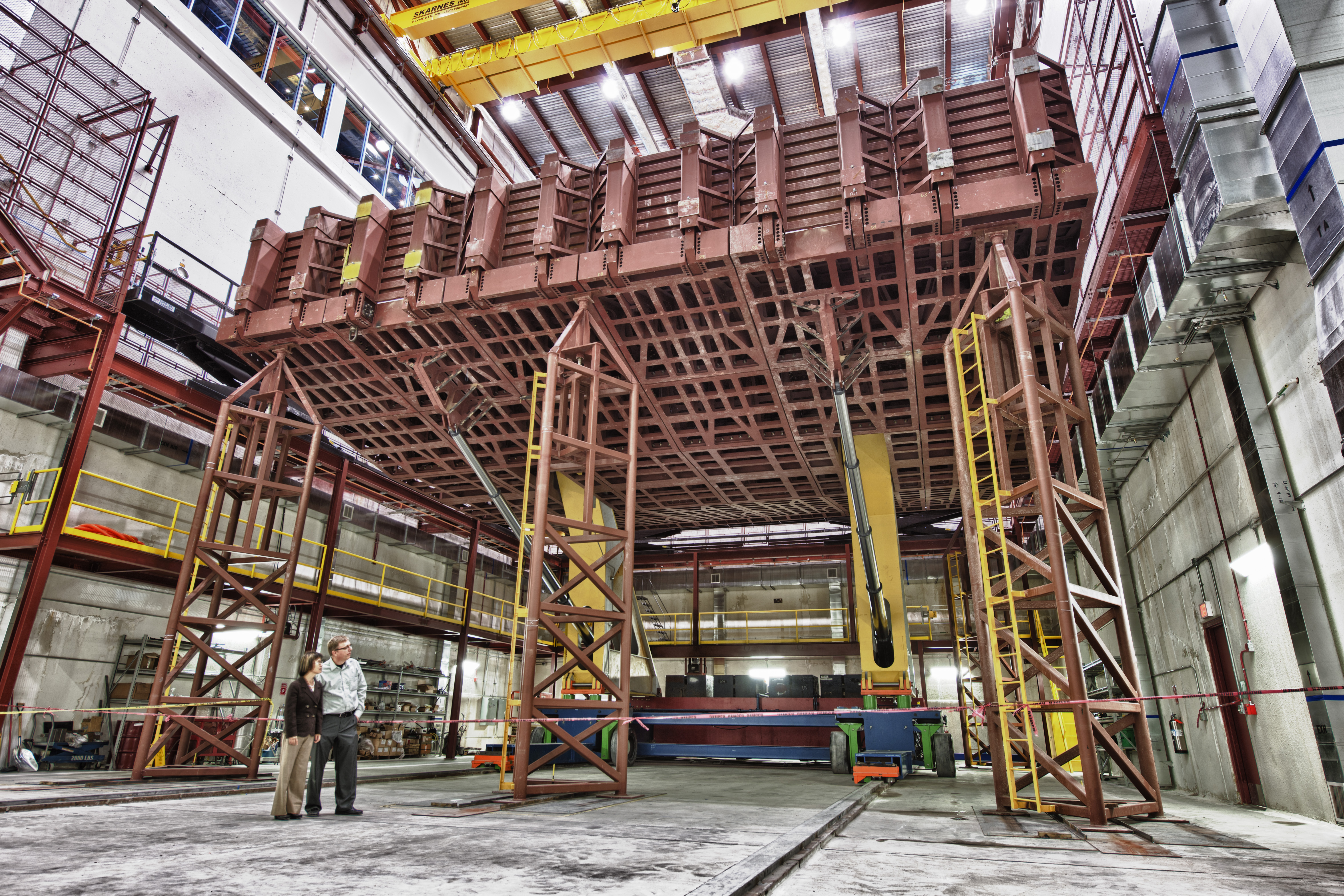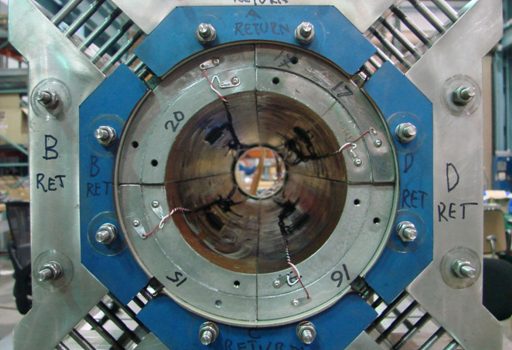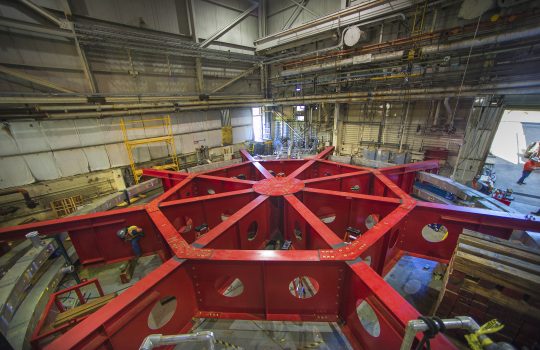Scientists complete the top quark puzzle
Scientists on the CDF and DZero experiments at the U.S. Department of Energy’s Fermi National Accelerator Laboratory have announced that they have found the final predicted way of creating a top quark, completing a picture of this particle nearly 20 years in the making.







